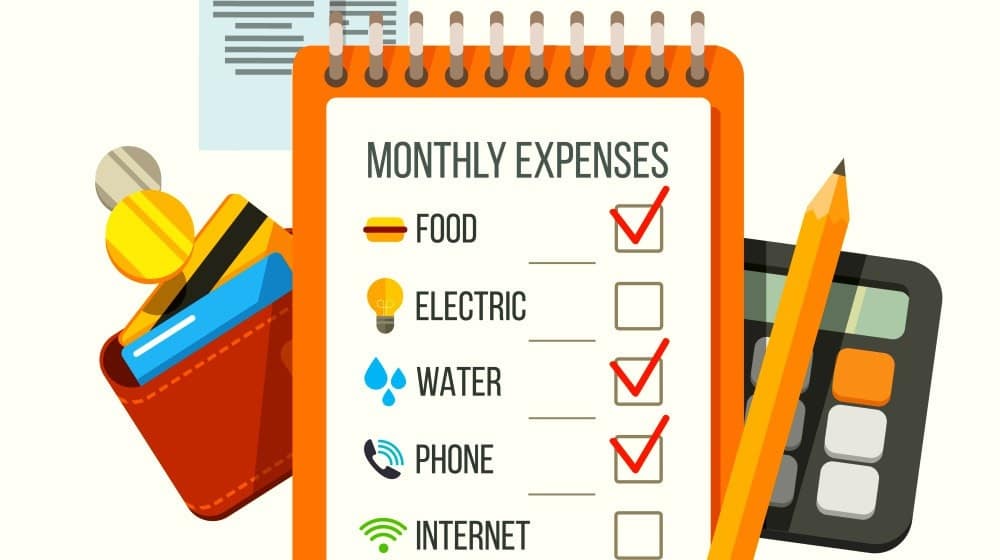Lifestyle
Economic Hardship: Here’re Budgeting Tips for Month of November, 2023

It is no news to a typical Nigerians that the prices of everything have exponentially increased when compared to last year (2023) and even previous months.
People started experiencing this since the removal of the fuel subsidy, which was complicated by forex scarcity, which has significantly reduced the purchasing power of the country’s denomination, Naira.
If you are struggling with how to budget your income for the new month, here are some tips:
Things to try throughout the month:
- Focus on paying down high-interest debt: This will free up more money in your budget each month.
- Build an emergency fund: Aim to save enough money to cover at least three to six months of living expenses. This will help you weather unexpected financial setbacks.
- Shop around for deals: Compare prices before you make any major purchases. You can also use discount codes to save money.
- Consider buying used items: You can often find high-quality used items for a fraction of the cost of new items. Check out clearance or “Japa” sales for cheap deals.
- Cook more meals at home: Eating out can be expensive. Cooking more meals at home is a great way to save money.
1. Start with your goals
What do you want to achieve with your budget? Do you want to save more money? Pay down debt? Build an emergency fund? Once you know your goals, you can start to create a budget that will help you reach them.
2. Review your income and expenses
Take a close look at how much money you’re earning and spending each month. This will help you identify areas where you can cut back.
3. Prioritize your expenses
Once you know where your money is going, prioritize your expenses. Make sure you’re covering your essential needs, such as housing, food, and transportation, before spending money on wants.
4. Cut back on unnecessary expenses
There are many ways to cut back on unnecessary expenses. For example, you could cook more meals at home instead of eating out, cancel unused subscriptions, or shop around for cheaper insurance rates.
5. Increase your income
If possible, try to increase your income. This could involve getting a part-time job, starting a side hustle, or asking for a raise at your current job.
6. Automate your finances
Set up automatic transfers from your checking account to your bank account(s). This will help you stay on track with your budget and avoid late payments.
7. Review your budget regularly
Your financial situation can change over time, so it’s important to review your budget regularly and make adjustments as needed.






